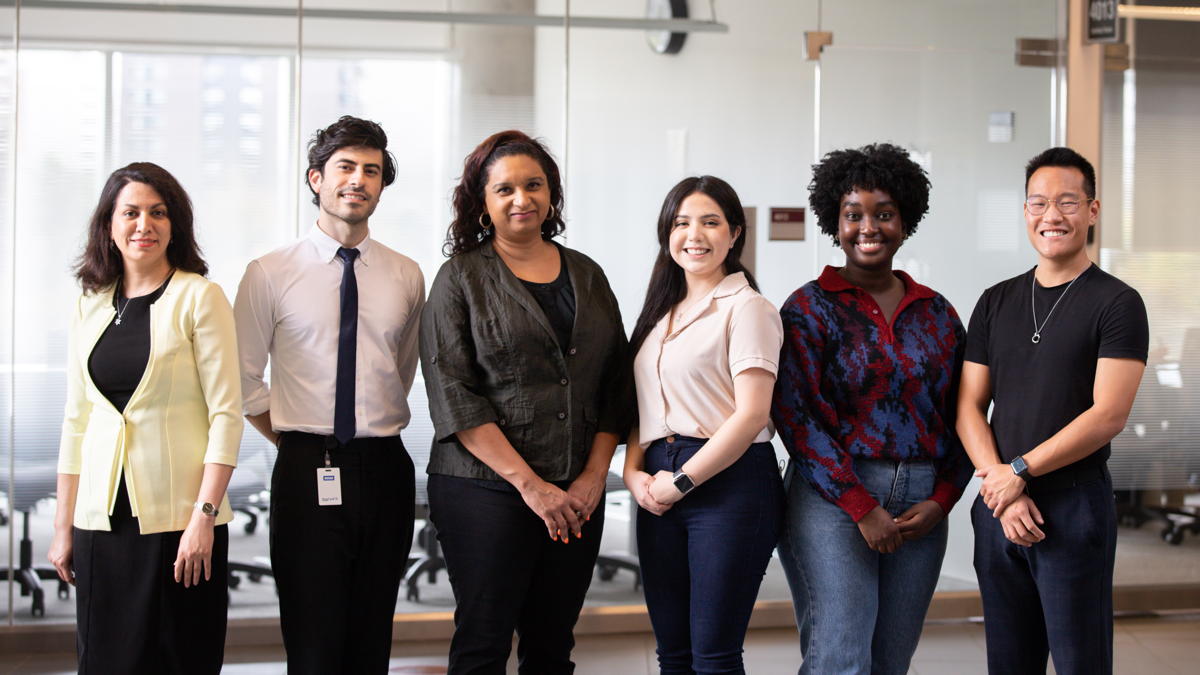Join the Lab
Join the Lab
Seeking Researchers
The Laboratory for Culture and Mental Health Disparities (CMHD) offers a valuable research and training experience for undergraduate and graduate students in psychology, neuroscience, and related disciplines. Over two or more semesters, research assistants will collaborate with faculty and graduate students on projects, engage with CMHD faculty and collaborators, attend research meetings, and participate in workshops, talks, and forums. This opportunity includes learning about cross-cultural treatment issues, presenting at national and international conferences, and building your resume/CV, with the potential to receive a strong letter of recommendation to support your next career phase.
Conduct Research in the Laboratory for Culture and Mental Health Disparities
Students involved with the CMHD Lab participate in ongoing research projects focused on cross-cultural psychology and mental health disparities. Students learn how to conduct research that makes appropriate use of sociocultural variables in the design, implementation, analysis, and reporting of results. All students have opportunities to present their work at scientific conferences and publish scientific findings. Graduate students also develop their own related research interests in collaboration with their mentor. Applying for fellowships and predoctoral grants is encouraged.
We accept the following types of students, pending space:
- uOttawa Honors Thesis Students
- MA Students Planning to Get a Doctorate
- All uOttawa Doctoral Students in Psychology
- Visiting Researchers and Professors from Abroad
Prospective Graduate Students
Dr. Williams takes on new graduate students each year. Applicants are encouraged to send email directly to Dr. Williams to express interest. Applicants should submit a complete application to the School of Psychology at the University of Ottawa and indicate that they are interested in working with Dr. Williams. Preference will be given to competitive applicants with an interest in racialized populations, cross-cultural psychopathology, mental health disparities, and lived-experience having a marginalized identity. Bilingualism is a plus.

